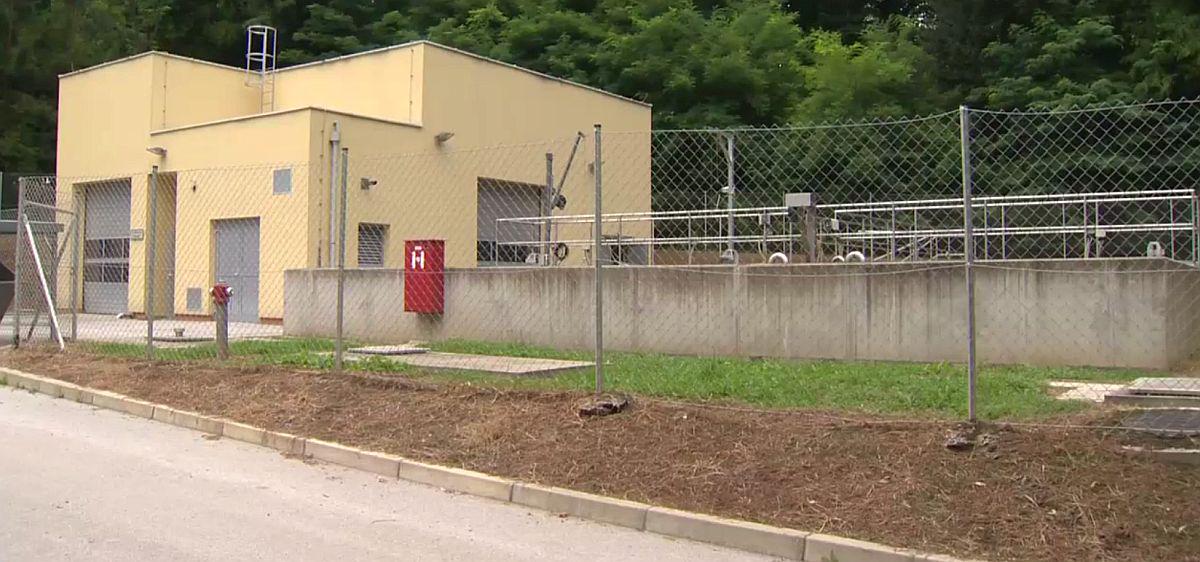In 2013, the Razkrižje municipality managed to construct a sewage system and a waste water treatment plant at a cost of approximately five million euros, mainly using European Union funds. The plant had enough capacity for their Croatian neighbours from Štrigova to connect to it, which is why the two mayors agreed to actualise the idea. But both parties have been disappointed by the news that the Croatians are withdrawing from the project.
Why did the Croatians withdraw
Croatian media recently came out with the news that Međimurske Vode are withdrawing from the idea of sharing a plant, stating that the Slovene side of the Permanent Intergovernmental Commission for Water Management did not support the project. But its director has now used different words – he claims that, for three years, they have been waiting in vain for the consent of the Commission as a whole. "We did not find the time or the will to solve this. Even though we are aware that the project is good, we have nevertheless withdrawn from it," was what Vladimir Topolnjak, director of Međimurske Vode, said this time. The withdrawal will hit the pockets of both parties – Štrigova's savings would have been considerable. In November, the then head of the Štrigova Municipality Stanislav Rebernik estimated the savings to be 'a million euros'
A consequence of intergovernmental complications?
Not only will there be no savings. Štrigova will have to wait at least four years, even five according to some, for its own sewage system. They still need to apply for European funds. And Razkrižje cannot expect lower waste water treatment costs. Quite a few people believe the Croatian ‘no’ has a political connotation and is a reflection of the worsened relations due to arbitration and due to Slovenia’s announcement that it will not support Croatian membership of the OECD.
Approximately 1,000 connections to the Razkrižje plant thus remain unused. But the two mayors have not yet given up. In order to realise the project, they will each approach ministers in their own country.
Oglas


































































